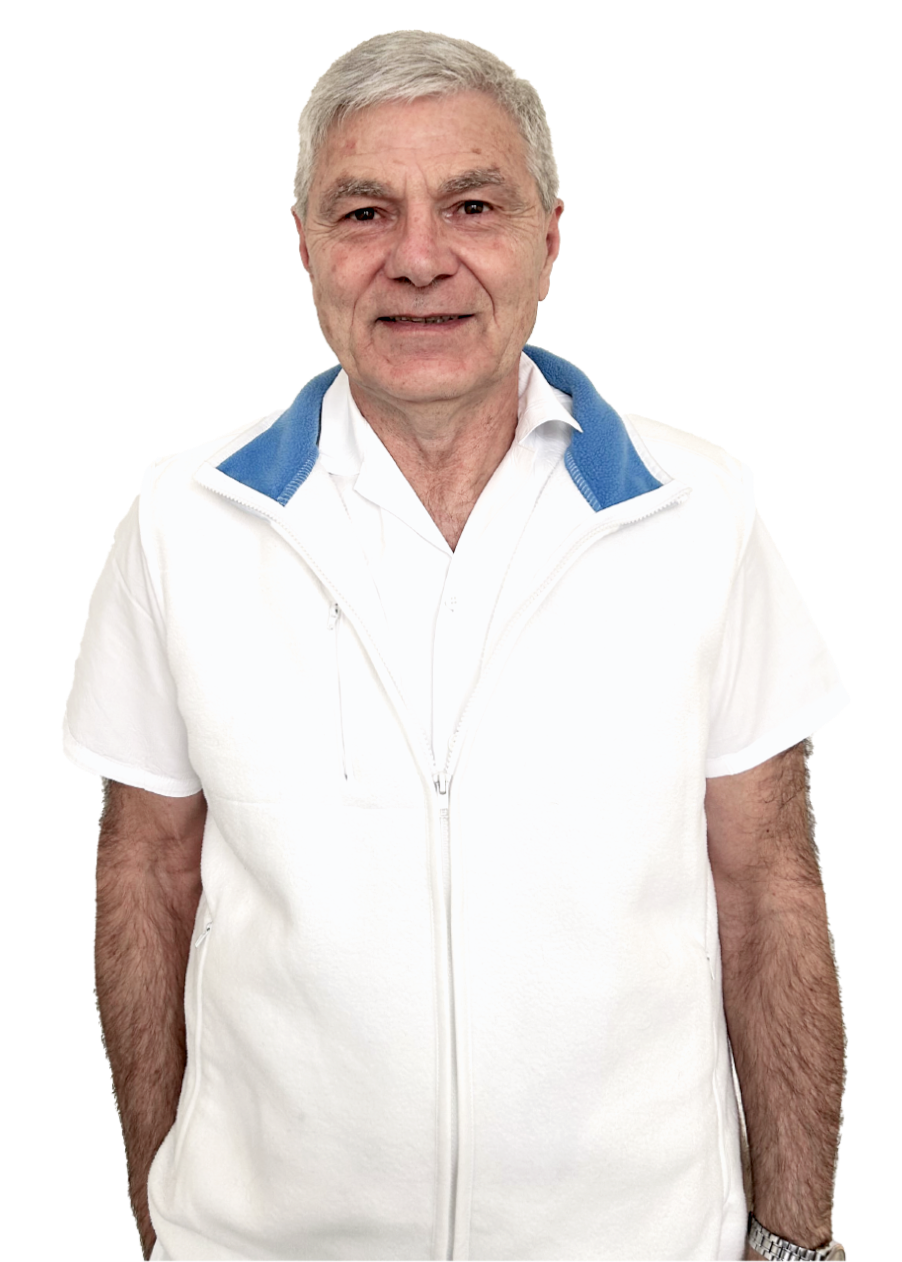Supraventricular extrasystoles
The most common non-serious heart rhythm anomaly in the population. They arise as a result of premature activation of the heart's atria. It can be individual (isolated) excess heart skips, which we feel as skipping a beat, or persistent excess heart skips, which are usually perceived as fast, regular heartbeats with a frequency of over 100/minute lasting seconds to tens of seconds. A large number of people do not have any problems and SVES are detected only on the ECG recording.
What are supraventricular extrasystoles?
Supraventricular extrasystoles (SVES) are the most common non-serious heart rhythm anomaly in the population. They arise as a result of premature activation of the heart’s atria. It can be individual (isolated) excess heart skips, which we feel as skipping a beat, or persistent (accumulated) excess heart skips, which are usually perceived as fast, regular heartbeats with a frequency of over 100/minute lasting seconds to tens of seconds. A large number of people do not have any problems and SVES are detected only on the ECG recording.
What causes supraventricular extrasystoles?
Supraventricular extrasystoles normally occur in an otherwise completely healthy person, but more rarely they can also be one of the manifestations of heart disease (e.g. as a result of valvular defects). The triggering factor is not always known, but in some people they may occur more often when consuming higher doses of caffeine and stimulants (coffee, energy drinks), alcohol, smoking, under stress or after certain medications (bronchodilators, etc.).
What are the risks of supraventricular extrasystoles?
This is a relatively common and non-serious finding, but in case of more frequent occurrence, we should look for structural heart disease (i.e. valvular defects, heart failure, etc.) or the occurrence of other, more complex and serious cardiac arrhythmias such as atrial fibrillation.
What is the treatment for supraventricular extrasystoles?
In asymptomatic persons, they usually do not require therapy, especially if other significant heart disease has been ruled out. In the case of unpleasant symptoms, such as palpitations and skips of the heart or the feeling of skipping a beat, we should first of all avoid provoking factors (stimulants, stress, alcohol, etc.), or long-term use of drugs that suppress unpleasant conditions (so-called . beta blockers). In the case of frequent occurrence, their definitive removal can be considered using an invasive procedure – catheter ablation, when the doctor finds the causative deposit in the heart (professionally, the substrate), which he removes in a targeted manner using special technology.
What can I do if I am diagnosed with supraventricular extrasystoles?
The finding of supraventricular extrasystoles is advisable to consult with your attending physician or a specialist (cardiologist, internist), who will choose the optimal treatment procedure based on the frequency of occurrence and subjective difficulties. Very often it is only a matter of monitoring patients without the need for medication.
doc. MUDr. Ivo Oral, CSc.
Olomouc, Czech Republic

MUDr. Zdeňka Pospíšilová
Brno, Czech Republic

MUDr. Pavla Gablasová, Ph.D.
Brno, Czech Republic
